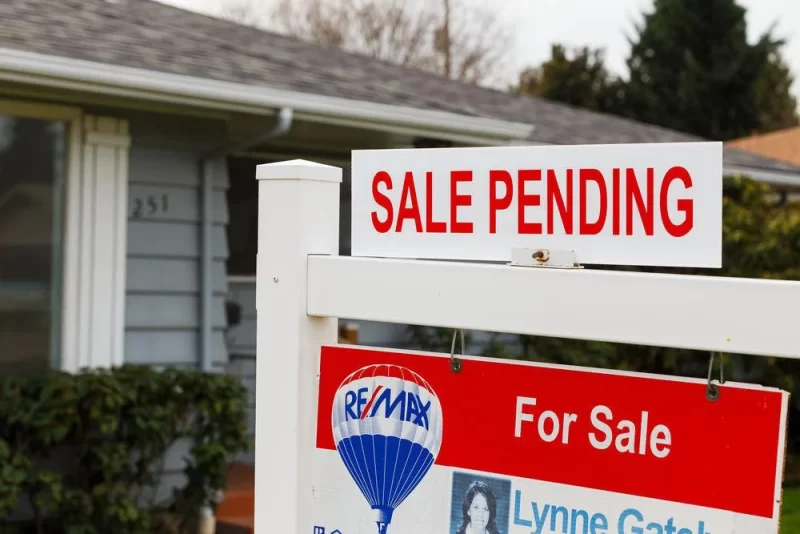By Anthony Hennen | The Center Square
(The Center Square) – The practice of spot appeals to reassess property taxes after a sale may be coming to an end in Pennsylvania.
While the state’s uniformity clause prevents individual properties from being singled out, that has not stopped some school districts in appealing assessments when a house is sold.
The Senate Urban Affairs & Housing Committee met to advance HB297, sponsored by Sen. David Argall, R-Berks/Schuylkill, that treats spot appeals as spot reassessments, which is prohibited by state law.
“My legislation will remove a taxing jurisdiction’s ability to appeal the assessment of a property based solely on the sale of the property,” Argall wrote in a legislative memo. “Taxing authorities may only appeal an assessment when the property has gone through a countywide reassessment, been divided into smaller parcels, or a change in the productive use of the property has occurred.”
“School districts, in particular, have been very aggressive in the use of this practice. Spot appeals can increase taxes on residential properties drastically,” Argall noted. “Two local residents have had their taxes raised through this unfair practice by $8,000 and $6,000, respectively. Furthermore, property owners in certain school districts fear making any improvements to the exterior of their property due to aggressive spot appeals and higher property taxes.”
Allegheny County has attracted media attention for using spot appeals, where it is sometimes referred to as a “newcomer tax.” Property values have gone up, and some school districts want to boost tax revenues with spot appeals, realizing increases before the next reassessment.
“I think it is a very well-intentioned bill that actually gets at a number of different issues we face,” said Sen. Nikil Saval, D-Philadelphia. Saval, however, did not endorse the bill.
“I believe that there is a more comprehensive solution to this,” Saval said. “We could have more reliable countywide assessments.”
Countywide reassessments vary greatly, and state law leaves the timing of reassessments up to the counties. Allegheny County hasn’t held a countywide reassessment since 2013, and some counties, such as Mercer County, have not reassessed property since the 1970s, for example.
Pennsylvania is one of nine states that has no state property reassessment requirement, according to the Tax Foundation.
“The combination of infrequent reassessment with rate increases shifts the property tax burden away from those whose property has been appreciating onto those whose property values have been declining,” Justin Higginbottom of the Tax Foundation noted.
